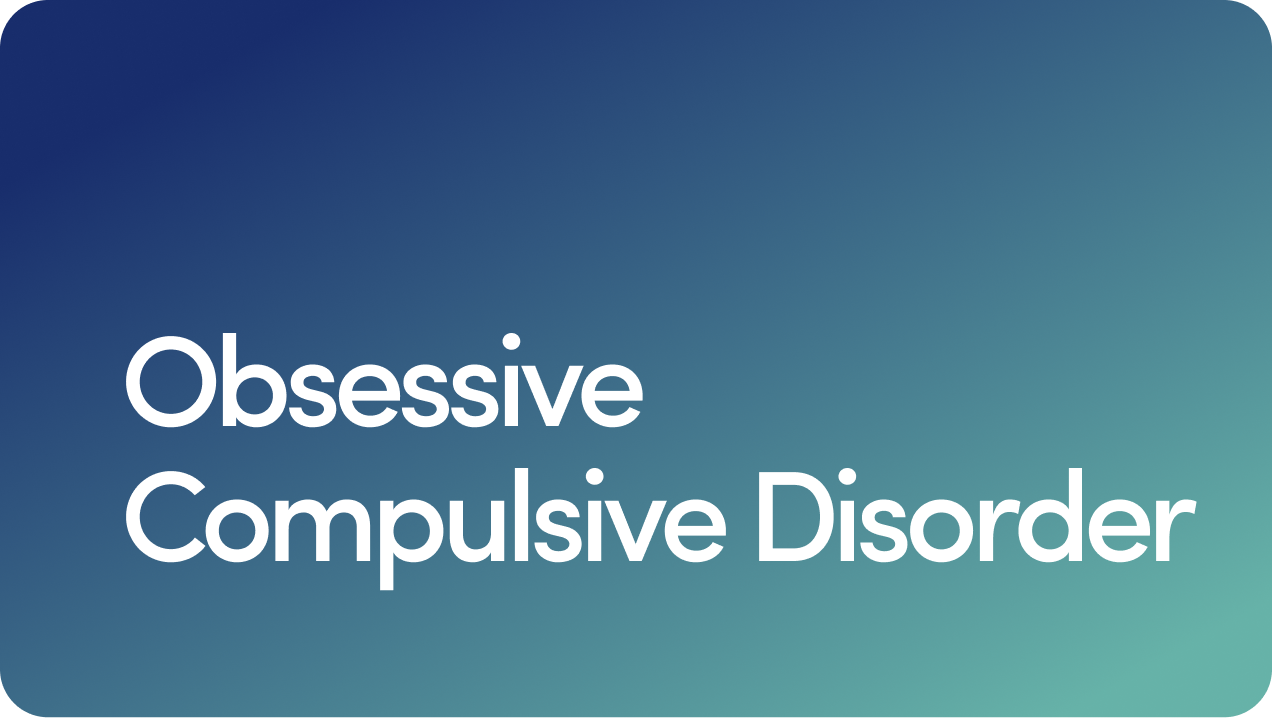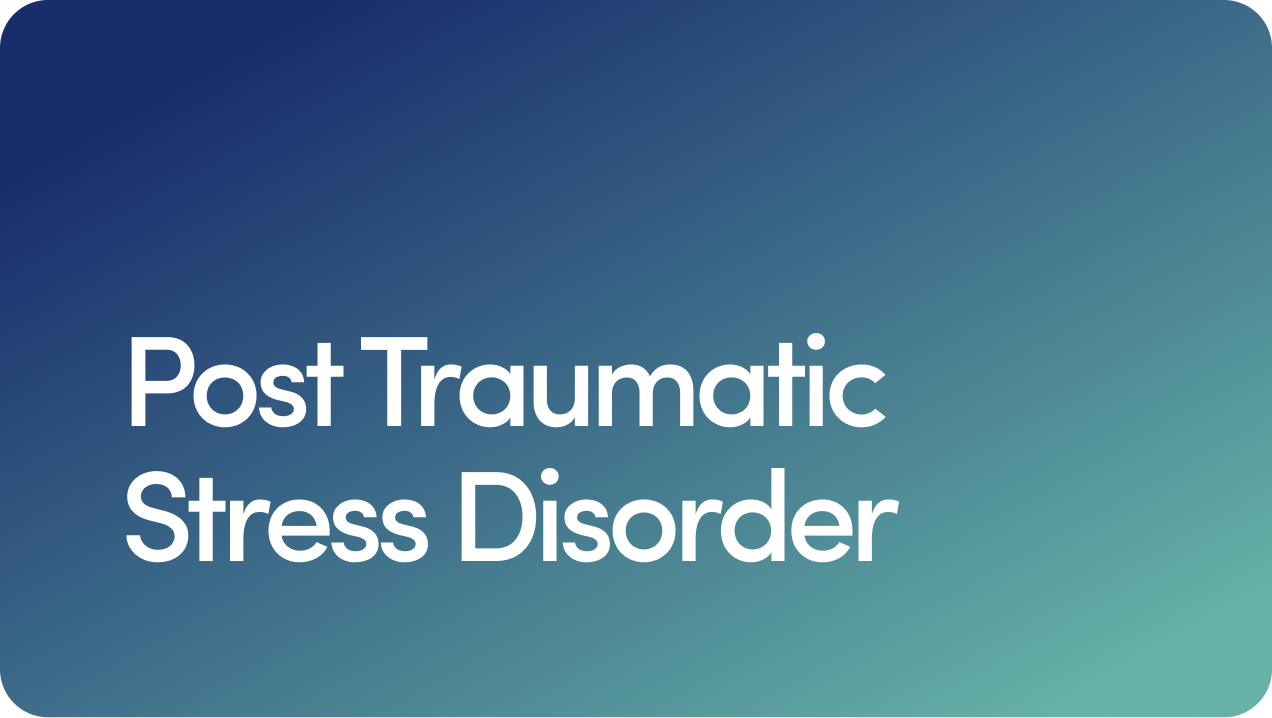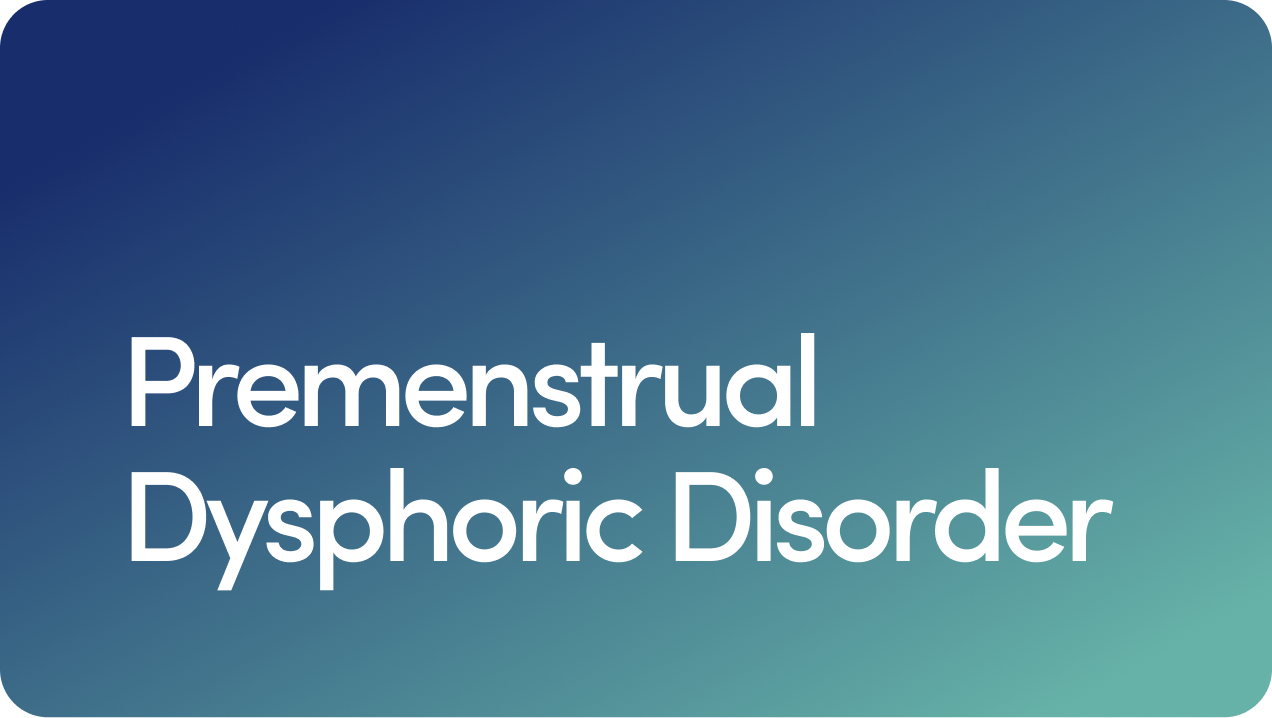Content
Free Mental Health Assessment
Buspar Withdrawal: What Happens if You Stop Taking It

Anxiety can look different from person to person and interrupt daily life in a variety of ways. If you’re concerned about your anxiety taking a toll on your quality of life, it’s important to talk to your healthcare provider, who may prescribe medication to help.
One popular medication for managing anxiety is buspirone hydrochloride. Although its brand name, BuSpar®, was discontinued over a decade ago, the active ingredient is still available and often called by that name (as we will do in this article).
Unlike other anxiety medications (or anxiolytics), BuSpar is not habit-forming and generally doesn’t cause severe withdrawal symptoms — but it’s still important to taper off slowly to avoid side effects.
Read on to learn more about BuSpar to treat anxiety, how it compares to other meds, and how to stop using it safely.
Content
What Is BuSpar?
BuSpar, or its active ingredient, buspirone, is a prescription anti-anxiety medication. It’s FDA-approved for managing anxiety disorders, like generalized anxiety disorder (GAD).
Buspirone comes in tablet form and is generally taken at a dose of 15mg to 60mg daily.
Most medications for anxiety belong to two drug classes: benzodiazepines, which are primarily used to treat anxiety in the short term, and antidepressants, which are often prescribed as long-term treatments for anxiety.
Benzodiazepines work quickly and can reduce the severity of panic attacks, irrational fears, and persistent worry. Although they’re effective as anxiety treatments, many people gradually form a tolerance to benzodiazepines, and their current dose may become less effective over time. Many benzodiazepines are also habit-forming, meaning people can become dependent on them.
Antidepressants, such as selective serotonin reuptake inhibitors (SSRIs), can often take several weeks to start working.
Both benzos and antidepressants can cause withdrawal symptoms when stopped abruptly.
BuSpar is neither a benzodiazepine nor an antidepressant. Experts believe that it treats anxiety by targeting specific receptors in your brain, which may play a role in regulating moods and certain aspects of your behavior.
It usually takes two to four weeks for BuSpar to start working for anxiety. During this time, your healthcare provider may gradually adjust your dosage to ensure it provides proper relief from your anxiety symptoms.
One of the biggest advantages of BuSpar is that it doesn’t have the same risk of dependence or withdrawal symptoms as benzodiazepines.
BuSpar and generic buspirone bind to receptors for the neurotransmitters serotonin and dopamine. These naturally occurring brain chemicals are involved in regulating certain aspects of moods and behavior, including feelings of anxiousness.
Other medications for anxiety, like benzodiazepines, work by binding to receptors for the neurotransmitter gamma-aminobutyric acid (GABA).
GABA is an inhibitory neurotransmitter that slows down activity in your nervous system. Many of the effects of benzodiazepines like Xanax® and other common anxiety medications are linked to their effects on GABA receptors.
Experts think that this lack of effects on GABA receptors is what prevents BuSpar withdrawal symptoms that often occur when benzodiazepines are stopped.
One older study observed that when people with anxiety disorders were treated with 15 to 30 mg per day of buspirone, and then the treatment was abruptly stopped between six and 12 months, no evidence of withdrawal syndrome was found.
Side Effects of BuSpar
Although BuSpar isn’t associated with physical dependence or withdrawal symptoms, it can still cause side effects, like any other medication.
Many potential side effects of buspirone are mild and temporary, although some may be bothersome or concerning if they become severe or persistent. Everyone can respond to medications differently.
The most common side effect is dizziness, which occurs in approximately 10 percent of its users.
Other adverse effects of BuSpar can include:
Nausea
Headache
Nervousness
Lightheadedness
Buspirone also has several potential interactions.
When used with medications that increase serotonin levels (like selective serotonin reuptake inhibitor antidepressants), BuSpar may cause serotonin syndrome — a potentially life-threatening condition that occurs when serotonin levels are too high.
Medications that may interact with BuSpar or generic buspirone include:
Other anti-anxiety medications, such as benzodiazepines
Anticonvulsants, such as carbamazepine, phenobarbital and phenytoin
Selective serotonin reuptake inhibitors (SSRIs)
Monoamine oxidase inhibitors (MAOIs), which may cause extremely high blood pressure
Other antidepressant medications
Antibiotics, such as erythromycin
Pain medications and narcotics
Medications for insomnia
Muscle relaxants
Foods and beverages that have buspirone warnings include:
Grapefruit juice: Grapefruit juice can increase buspirone levels in your blood by inhibiting the enzyme CYP3A4, which is responsible for metabolizing the medication. This can lead to amplified effects and potentially increased side effects of buspirone.
Alcohol: Alcohol can enhance the sedative effects of buspirone, leading to increased drowsiness, dizziness, and impaired coordination. Combining alcohol with buspirone may also heighten side effects like confusion and impaired judgment. For some, this combo can even result in a rapid onset of severe intoxication, which can be potentially life-threatening.
To reduce your risk of experiencing interactions while using BuSpar, it’s essential that your healthcare provider is aware of any medications or substances you currently use or have used in the last 14 days.
Make sure to follow their instructions and avoid the items listed above while using BuSpar to treat anxiety. If you experience any adverse effects when you start buspirone, contact your provider immediately.
Who Is More Likely to Experience Symptoms and Side Effects?
We all respond differently to medications. Some people may be more likely to experience adverse reactions or symptoms when taking buspirone, including:
Individuals using a prescribed higher dose of BuSpar
Individuals who have been using BuSpar for a longer period
Individuals of advanced age
Individuals who have kidney or liver-related health conditions that may affect drug metabolism
Individuals taking other medications or substances that may interact with BuSpar
Just because you identify with one or more of these categories doesn’t mean you’ll experience awful side effects. It’s important to be aware if you’re more susceptible and always communicate concerns with your healthcare provider.
How to Stop Taking BuSpar Safely
If you’re prescribed BuSpar for anxiety and think it’s not the right medication for you, or you and your provider agree that it’s a good time for you to stop using it, it’s important to taper down your treatment safely.
To reduce your risk of problems when stopping buspirone treatment:
Allow two to four weeks for it to start working. BuSpar is generally effective for anxiety, but it doesn’t work immediately. It takes a few weeks for Buspar to cause noticeable improvements in symptoms of anxiety, so it’s helpful to give it some time before deciding to taper off. If it’s been at least a month since you started using it, and you don’t think it’s working, speak with your provider before making any changes.
Communicate with your healthcare provider. Results from anti-anxiety medications can vary, and buspirone may not be right for your unique needs. Talk to your healthcare provider before changing your dosage or stopping BuSpar. They may recommend switching to a different class of medications to treat your anxiety.
Consider adjusting your dosage. Instead of stopping BuSpar, your health professional may suggest increasing or reducing your dosage. Even modest changes to your BuSpar dosage can often have a significant impact on your anxiety symptoms or side effects. Do not make changes without medical advice.
Inform your healthcare provider if your anxiety comes back. Stopping BuSpar could cause your anxiety symptoms to return, regardless of how it is tapered. Tell your provider if you notice any increases in anxiety after you discontinue BuSpar.
How Long Will It Take to Get BuSpar Out of My System?
How long is a buspirone withdrawal timeline? Buspar typically has a half-life of about two to three hours, meaning it takes this time for your body to eliminate half of the drug.
Generally, it takes around 10 to 15 hours for the last dose of buspirone to be mostly cleared from your system, though individual factors like metabolism and overall health can affect this. Complete elimination may take slightly longer, usually within 24 to 48 hours.
Alternatives to Buspar
If it turns out that buspirone isn’t right for you, rest assured that there are plenty of other options. Know that it’s also not uncommon for people to have to trial and error more than one medication for their anxiety before finding the right fit for them – and that’s okay.
In addition to Buspirone HCl, Hers offers a number of non-buspirone alternatives intended to treat anxiety, including:
Fluoxetine (generic for Prozac®)
Citalopram (generic for Celexa®)
Venlafaxine (generic for Effexor®)
Duloxetine (generic for Cymbalta®)
Escitalopram (generic for Lexapro®)
Sertraline (generic for Zoloft®)
If you’re interested in exploring these other options to see if they’re better for your needs, get in touch with our licensed healthcare providers today.
Thanks to its limited side effect profile and low potential for abuse or withdrawal symptoms, BuSpar is widely regarded as one of the safest anti-anxiety medications. Still, that doesn’t mean it’s without risk.
Collaboration is critical. Work with your prescribing healthcare provider before, during, and after buspirone treatment. Inform them of any other medications you use, symptoms you experience, or desire to stop using BuSpar. They will help ensure safe and effective adjustment of discontinuation of buspirone tailored to your individual needs.
Gradual tapering is essential. Never stop buspirone “cold turkey” or without medical guidance. Stopping Buspar abruptly can lead to negative side effects. A gradual tapering plan, under appropriate supervision, helps minimize these effects.
Seek other mental health support. Anxiety is a multifaceted condition that requires a multifaceted treatment approach. If you’re concerned that you may have anxiety, you can get help from a licensed provider via our online mental health services, including our psychiatry service.
See if mental health treatment is right for you by taking our free online assessment. You can also explore some of the prescription, no-insurance-required anxiety medication options we offer.
14 Sources
- Bounds CG, et al. (2024 January 30). Benzodiazepines. Retrieved from https://www.ncbi.nlm.nih.gov/books/NBK470159/
- Endocrine Society. (2022, January 24). Brain Hormones. Retrieved from https://www.endocrine.org/patient-engagement/endocrine-library/hormones-and-endocrine-function/brain-hormones
- FDA. (2000, November 9). Center for Drug Evaluation and Research Approval Packet. Retrieved from https://www.accessdata.fda.gov/drugsatfda_docs/nda/2000/21-190_BuSpar_Prntlbl.pdf
- Jewett BE, et al. (2023, July 24). Physiology, GABA. Retrieved from https://www.ncbi.nlm.nih.gov/books/NBK513311/
- Lader M. (1987). Assessing the potential for buspirone dependence or abuse and effects of its withdrawal. Retrieved from https://pubmed.ncbi.nlm.nih.gov/3296749/
- Lilja JJ, et al. (1998). Grapefruit juice substantially increases plasma concentrations of buspirone. Retrieved from https://pubmed.ncbi.nlm.nih.gov/9871430/
- Manos GH. (2000). Possible serotonin syndrome associated with buspirone added to fluoxetine. Retrieved from https://pubmed.ncbi.nlm.nih.gov/10928399/
- Medline Plus. (2019, April 15). Buspirone. Retrieve from https://medlineplus.gov/druginfo/meds/a688005.html
- National Institute of Mental Health. (n.d.). Any Anxiety Disorder. Retrieved from https://www.nimh.nih.gov/health/statistics/any-anxiety-disorder
- National Institute of Mental Health. (2024, April). Anxiety Disorders. Retrieved from https://www.nimh.nih.gov/health/topics/anxiety-disorders
- National Library of Medicine. DailyMed. (n.d.). LABEL: BUSPAR- buspirone hydrochloride tablet. Retrieved from https://dailymed.nlm.nih.gov/dailymed/drugInfo.cfm?setid=33accd6b-10a6-5bd3-e054-00144ff88e88
- Rakel RE. (1990). Long-term buspirone therapy for chronic anxiety: a multicenter international study to determine safety. Retrieved from https://pubmed.ncbi.nlm.nih.gov/2406933/
- Simon LV, et al. (2024, March 2). Serotonin Syndrome. Retrieved from https://www.ncbi.nlm.nih.gov/books/NBK482377/
- Wilson TK, et al. (2023, January 17). Buspirone. Retrieved from https://www.ncbi.nlm.nih.gov/books/NBK531477/
Editorial Standards
Hims & Hers has strict sourcing guidelines to ensure our content is accurate and current. We rely on peer-reviewed studies, academic research institutions, and medical associations. We strive to use primary sources and refrain from using tertiary references. See a mistake? Let us know at [email protected]!
This article is for informational purposes only and does not constitute medical advice. The information contained herein is not a substitute for and should never be relied upon for professional medical advice. Always talk to your doctor about the risks and benefits of any treatment. Learn more about our editorial standards here.
Daniel Z. Lieberman, MD
Education
Doctor of Medicine - New York University Grossman School of Medicine, 1992
Bachelor of Arts - St. John’s College, 1985
Training
Internship & Residency - New York University Grossman School of Medicine, 1996
Medical Licenses
District of Columbia, 1996
Maryland, 2022
Virginia, 2022
Board Certifications
American Board of Psychiatry and Neurology, Psychiatry, 1997
American Board of Psychiatry and Neurology, Addiction Psychiatry, 1998
Other Certificates & Certifications
Stanford Online, AI in Healthcare Specialization Certificate, 2025
Stanford Online, Machine Learning Specialization Certificate, 2024
Affiliations & Memberships
Specialties & Areas of Focus
Mental Health
Years of Experience
33
Previous Work Experience
Professor and Vice Chair - Department of Psychiatry and Behavioral Sciences, George Washington University, 1996–2022
Publications & Research
Title: A neurotransmitter approach to the trolley problem
Published in: OBM Neurobiology
Date: 2019
URL: https://www.lidsen.com/journals/neurobiology/neurobiology-03-02-030
Title: An automated internet application to help patients with bipolar disorder track social rhythm stabilization
Published in: Psychiatric Services
Date: 2011
URL: https://psychiatryonline.org/doi/10.1176/ps.62.11.pss6211_1267
Title: Enhancing adherence to mood charting with an online version of the NIMH Life Chart
Published in: Annals of General Psychiatry
Date: 2010
URL: https://annals-general-psychiatry.biomedcentral.com/articles/10.1186/1744-859X-9-S1-S11
Title: The role of gender in single versus married patients with bipolar disorder
Published in: Comprehensive Psychiatry
Date: 2010
URL: https://www.sciencedirect.com/science/article/abs/pii/S0010440X0900128X
Title: Evaluation of the stability and validity of participant samples recruited over the Internet
Published in: CyberPsychology and Behavior
Date: 2008
Title: Pathways to change: The effect of a Web application on treatment interest
Published in: The American Journal on Addictions
Date: 2008
URL: https://onlinelibrary.wiley.com/doi/10.1080/10550490802138525
Media Mentions & Features
Washington Post, Why do passengers freak out on airplanes? Science might have the answer.
Associated Press, MillerCoors Tapping Into Millenials
The Washington Post, Holiday drinking can be hard on your health, but you can take precautions
Le Figaro (France), Daniel Z. Lieberman: «La dopamine nous pousse à acheter en nous promettant le bonheur» (Daniel Z. Lieberman: “Dopamine drives us to buy by promising us happiness”)
Men’s Health (Spain), Cómo la dopamina influye en nuestro cerebro y determina nuestra vida (How dopamine influences our brain and determines our lives).
CNBC, The psychological reason it’s so hard to work today after the riot — and how to cope
Business Insider, The reason why we self-sabotage is because our brains are wired to resist the things we want most in life
U.S. News & World Report, How Your Secrets Can Damage and Maybe Even Kill You
Why I Practice Medicine
I practice medicine because I believe that mental health is the foundation of a meaningful life. When people suffer psychologically, it touches every part of their existence—from relationships to work to the simple ability to feel joy. Because it can be so difficult for people who are suffering to find good mental health care, my mission has been to expand access through technology, so that no one is left behind.
Hobbies & Interests
I like to write in my spare time. I’ve written two nonfiction titles, Spellbound: Modern Science, Ancient Magic, and the Hidden Potential of the Unconscious Mind and the international bestseller, The Molecule of More: How a Single Chemical in Your Brain Drives Love, Sex, and Creativity--and Will Determine the Fate of the Human Race
Professional Website or Profile
danielzlieberman.com
Related Articles
Related Conditions
 Anxiety
Anxiety
 Depression
Depression
 OCD
OCD
 PTSD
PTSD
 Bipolar Disorder
Bipolar Disorder
 Premenstrual Dysphoric Disorder
Premenstrual Dysphoric Disorder